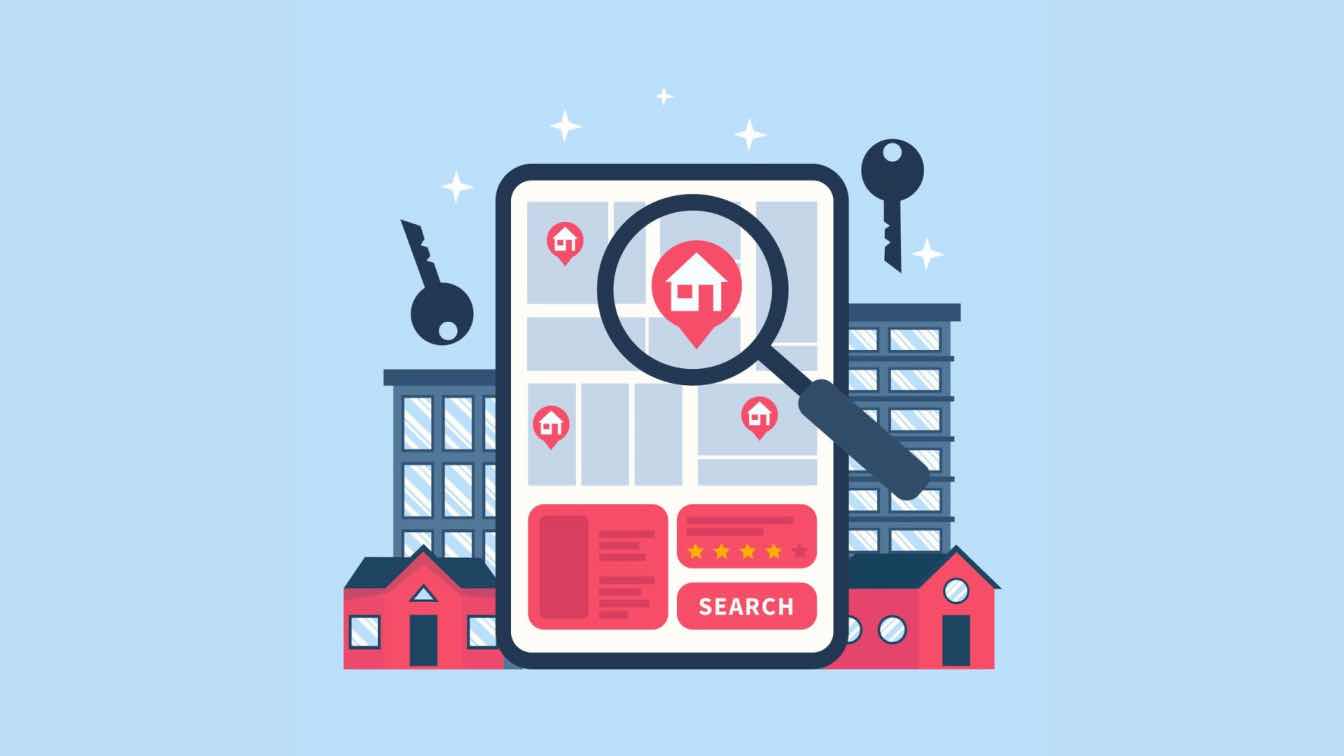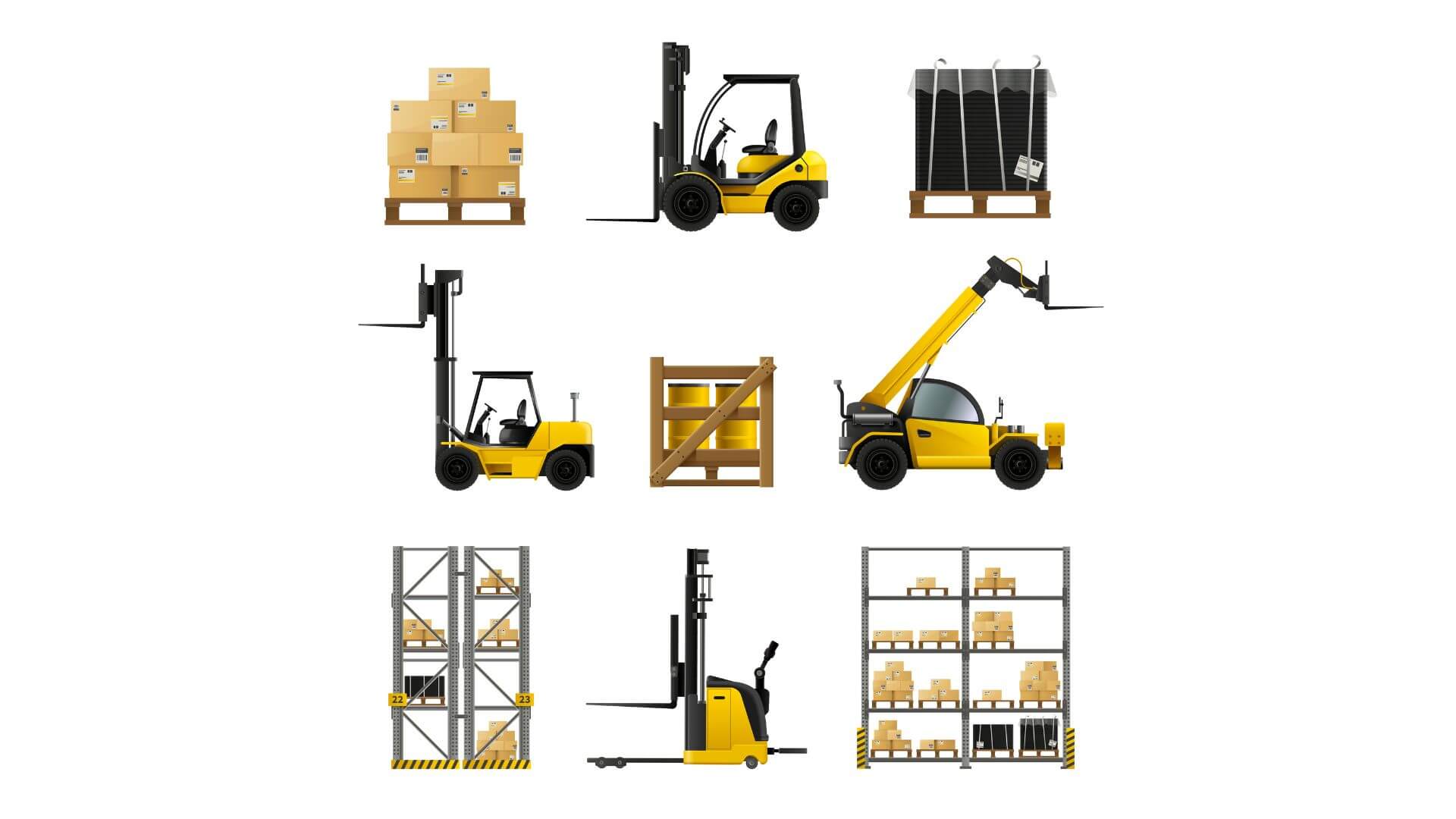The real estate market, anticipated by Statista to hit a whopping US$637.80tn by the end of the year, is inevitably impacting everyone's lives, whether we talk about proprietors, tenants, renters, owners, or even factory workers. Ranking among the largest markets worldwide, it's safe to say that technological advancements that can help better fractionate properties are godsends. The real estate market raises various difficulties, like the long time needed to find a counterparty and conclude transactions or the range within prices fluctuating.
Blockchain technology has emerged as a cost-effective and quickly adaptive solution to the inefficiencies weighing on the traditional real estate market. Blockchain-based tokenized real estate assets like fungible or non-fungible tokens are perceived as the digital equivalent of collectibles. And luckily, any asset can be digitally converted on a blockchain, including physical assets like real estate properties and art, investment vehicles like equities and bonds, and even intangible valuables like data and identities. While breaking into the traditional real estate market comes with a lot of head-hurting red tape, real estate tokenization is more straightforward. The industry revolves around digitalization, from money to contracts. Given that you can quickly check a well-researched Bitcoin prediction to grasp where the underlying crypto market is headed, it's safe to say that from numerous perspectives, blockchain makes property trading easier.
Tokenization began with blockchain and has been looking up to a fulfilling future ever since. McKinsey estimations, for instance, find that the global volume of tokenized digital securities could hit $5TN by the end of the decade.
Given all these, real estate tokenizing is clearly stealing the limelight. Let's investigate this trend and discover what's prompting its wild growth, clearing up the industry's complexities.
Clearing up the concept of real estate tokenization
Tokenization, short for the digital representation of a real estate piece on the blockchain, applies to any asset, making it excellent for proprietors of an insubstantial portfolio of investments or those possessing a single asset. Specifically, a property gets tokenized by being fractioned and by automating the operational operation through the revered blockchain-based digital contracts known as smart contracts. The process slashes the cost and time needed to bestow investors with the right to partake in fractional proprietorship and the following secondary trading.
The concept occurs when a real-estate property or its consequent value is exhibited as tokens to boost liquidity, for this aspect is highly problematic in the traditional property market where building division is utopian. Firstly, the whole value of the property is fractioned in bits, all following the owner's request. The property is then easily bought bit by bit by a person or more investors via these tokens, ultimately enabling digital ownership and easing the A-to-Z process once and for all.
How does tokenization advance property management?
The real estate market is ripe for revolution, and the fact that properties can be digitally represented, sold, bought, traded, and managed utterly changes the game. The "limitless" allure of blockchain tech is bound to reshape the property market as it opens it up to smaller investors or digital buffs. This can only boost demand for all the properties out there.
For instance, imagine a $100K-worth property is fractioned into 100 tokens, each valuing $1K. This shortcut could turn your real estate sale into a practice resembling crowdsourcing, helping you sell everything more quickly and lucratively instead of waiting for a business tycoon to take your offer.
Such an operation boosts liquidity and eliminates existing barriers to entering the property market. With a lower capital entry limit, properties undergo quicker liquidation, enabling more investors with tighter budgets to participate in trades.
Smart contracts: rewriting the rules
Blockchain-based intelligent contracts support the entire process, guaranteeing security, automation, and trustworthiness. Legal reps, banks, and real estate agents are no longer needed because everything is handled through the ability to execute contracts. This instantly sells tokens when pre-established conditions are fulfilled, translating to a more rapid, affordable, and error-free process than those supervised by costly, human go-betweens. Real estate owners and devs now have a new revenue stream that generates income quicker than the existing ones in the real estate market.
Ultimately, the X-factor in blockchain, namely transparency and safety, is of paramount importance. Every ownership and sale steps occur and are permanently logged on the chain. This information is easily and readily accessible by everyone and almost impossible to tamper with, guaranteeing the integrity of every transaction. Such advantages are only maximized when the technique's mainstreamness increases and this type of property management becomes the norm—a transition that's slowly but surely occurring.
So, where are the roadblocks?
Real estate tokenization brings about a series of challenges and encounters limitations, all the more so as newbie agents break into this industry. Here are the sticking points in the process:
- Tokenizing properties remain in their developmental stages and are more complex to explore as concrete rules and processes exist.
- Numerous real estate reps and experts need more expertise and assistance to implement such operations. Grasping their ins and outs may be difficult, prompting doubtfulness and reticence.
- Security-oriented concerns exist, especially because it is difficult to recoup assets in case things take a turn for the worse.
- There is an increasing need to balance transparency and privacy and meet auditing requests and regulatory reporting requirements.
- Real estate transactions undergoing tokenization necessitate operations like reconciliation with land registries after the trade is concluded, bringing about new legal requirements and considerations.
Bottomline
Real estate tokenization brings noteworthy advantages for all sorts of market participants, from owners to investors to digital developers. By introducing first-rate technology and robust procedures, investments become more reliable and qualitative on the platforms that handle these trades.
Property tokenization is unquestionably the new thing in investments, offering unparalleled advantages for issuers and investors. These include but are not limited to, more liquidity, as property tokens are tradable on exchanges around the clock. This facilitates the entrance and exit of the market. Moreover, investors will gain exposure to the market worldwide. Investors can allocate their capital from commercial structures to office rentals across a broader range of options, enhancing portfolio diversification and mitigating risks.





